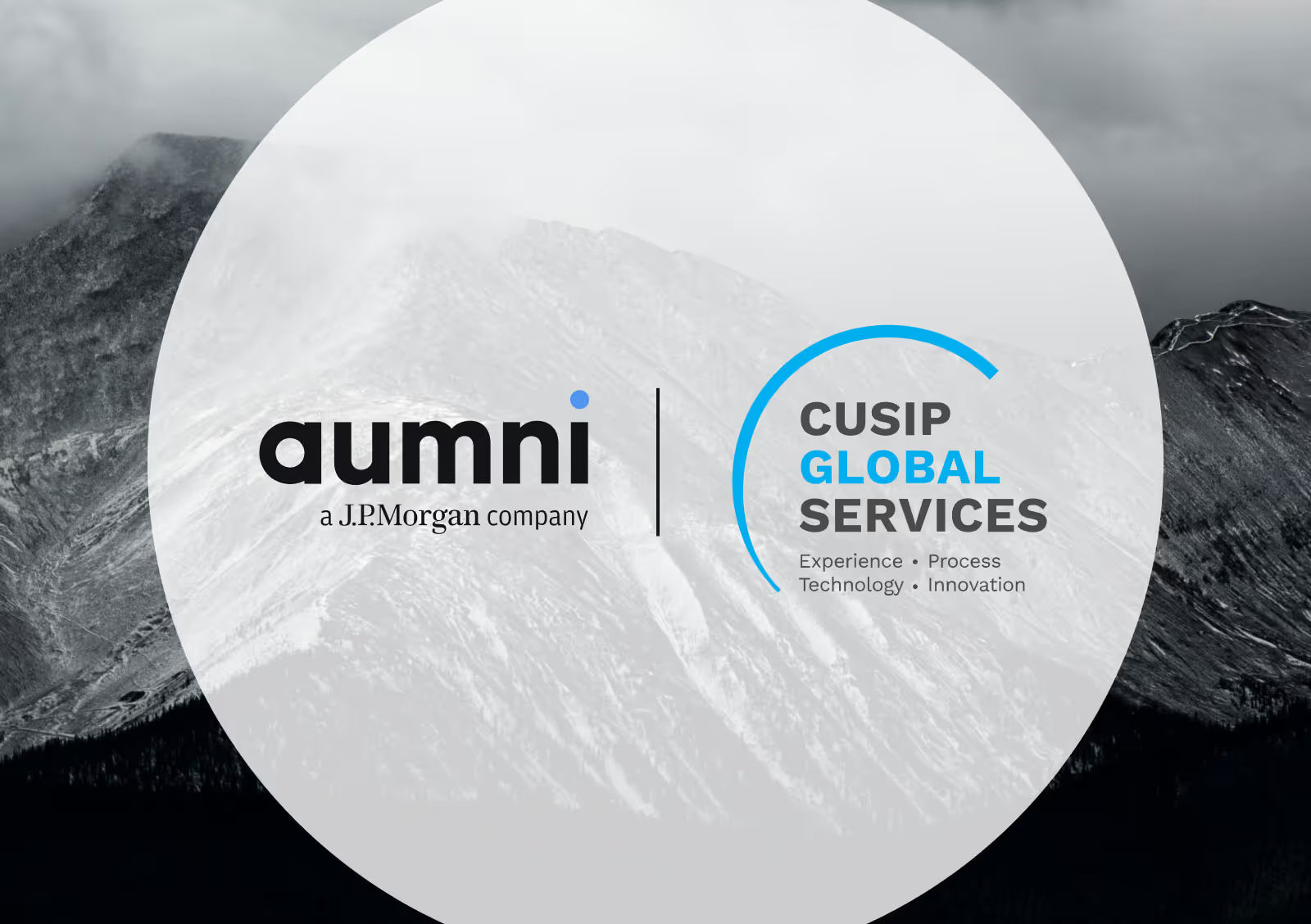4 Not-so-obvious Reasons to Rebrand Your Startup

Considering all the challenges an early stage startup faces, the last thing founders want to do is to spend precious time and money on activities that do not improve the product or bring in revenue. Creating a polished brand may often remain at the bottom of the list - even after the company has gained market traction with happy customers. From my experience of leading marketing at early stage companies, there are four not-so-obvious reasons why founders should consider a rebrand just before they feel their company is about to take off.
1. Sharpen your value proposition
A good rebranding effort goes far beyond a new logo and font. The process should begin by aggregating and analyzing all the value propositions of your offering(s) as well as the main mission of the company. The goal here is to distill them into just a few powerful statements. This is often best achieved with a third-party branding expert or agency. The founders’ familiarity and emotional attachment to the company may prevent them from being truly objective. Like many tech companies, Aumni's solutions have dozens of applications, audiences and use cases. In the beginning, we would sell whatever facet of our offering resonated the most to the prospect. Over time, however, we started to see patterns in what made for an easy sale or who would be the ideal customer. After interviewing customers, talking with sales and speaking to advisors, we distilled the entire Aumni value proposition to just one phrase: "Dominate with data." No matter the kind of customer we have (e.g., investor, university endowment, law firm, etc.), the concept of empowering and winning new clients, new investors, and higher returns was the focal point of Aumni. The rest of Aumni’s new design was created from that central concept. This is a common process used by many prominent brands. They have one or two core themes as the common thread that binds all the products, customers and company employees together.
2. Speed up marketing by 50% or more
For early stage startups, the task of creating slick presentations, social graphics or one-pagers falls on one or two marketers. More than likely, they aren’t professional designers and are forced to hack it. I'm that design hack. I can get by, but it's grueling as my desire for great design far exceeds my abilities. Surprisingly, a professional rebrand (if scoped properly) provides you a style guide for a consistent visual language -- header fonts, color palettes, logo variants, etc. -- and a treasure trove of graphical elements, layouts, and templates. Over the course of a month, these items can help save many hours while dramatically improving quality and consistency. With our rebrand, we can knock out a one-pager in half the time compared to designing it from scratch with an inconsistent look and feel. My colleagues from other departments can create on-brand presentations and emails on their own, further reducing bandwidth constraints. All this allows a marketing team to scale faster while having a brand image that makes the company appear bigger and more mature to your target audience.
3. Commemorate a major company milestone
Looking back on the startups with which I've had the fortune to work, team members tend to behave in similar ways, regardless of company size and industry. The most common behavior is not realizing how much their company has evolved in a short period of time. Startups announce rounds of funding or new customers in press releases, social media or email blasts. These are great to identify as points of growth along a company’s lifespan. More often than not, startups go through radical changes -- a major pivot, expansion into a completely new market or merger with another company. A rebranding effort can be used to commemorate these substantive moments and set the pace for the company’s future story. For Aumni, our rebrand represents our expansion in the private capital markets as well as the unprecedented breadth and depth of the data we have analyzed. I’m hopeful that our new brand will be the foundation of many additional announcements of our rapid growth in the near future.
4. Align the company and improve morale
Startups are frequently improving their sales pitch and overall message as they react to feedback from the market. Founding team members can better adjust to these changes. Newer employees may have a harder time, which can lead to questions like, "So, what exactly are we selling now?" A rebrand can help ensure the team is playing off the same sheet of music. A consistent elevator pitch, a snappy tagline, or a tighter boilerplate for press releases can help align current and future employees to the company's value proposition, and to some extent, the company culture. Company morale can often be positively impacted with a thoughtfully crafted new brand and, of course, new swag. Having your entire company sport a hat, jacket, t-shirt or laptop bag with your new logo that ties in with all your other marketing can do wonders for team sentiment.
Of course, I should add a major caveat to these four reasons. A fancy rebrand should not be performed before the go to market fundamentals are established and running. If you are still working on launching a stable product, developing a repeatable sales playbook, building a workable database or implementing a basic marketing tech stack, don’t rebrand. If you have done all these and are sensing that things can scale, a well-timed rebrand may amplify your momentum and lead to greater success.
©2025 JPMorgan Chase & Co. All rights reserved. JPMorgan Chase Bank, N.A. Member FDIC.
This material is not the product of J.P. Morgan’s Research Department. It is not a research report and is not intended as such. This material is provided for informational purposes only and is subject to change without notice. It is not intended as research, a recommendation, advice, offer or solicitation to buy or sell any financial product or service, or to be used in any way for evaluating the merits of participating in any transaction. Please consult your own advisors regarding legal, tax, accounting or any other aspects including suitability implications, for your particular circumstances or transactions. J.P. Morgan and its third-party suppliers disclaim any responsibility or liability whatsoever for the quality, fitness for a particular purpose, non-infringement, accuracy, currency or completeness of the information herein, and for any reliance on, or use of this material in any way. Any information or analysis in this material purporting to convey, summarize, or otherwise rely on data may be based on a sample or normalized set thereof. This material is provided on a confidential basis and may not be reproduced, redistributed or transmitted, in whole or in part, without the prior written consent of J.P. Morgan. Any unauthorized use is strictly prohibited. Any product names, company names and logos mentioned or included herein are trademarks or registered trademarks of their respective owners.
Aumni, Inc. (“Aumni”) is a wholly-owned subsidiary of JPMorgan Chase & Co. Access to the Aumni platform is subject to execution of an applicable platform agreement and order form and access will be granted by J.P. Morgan in its sole discretion. J.P. Morgan is the global brand name for JPMorgan Chase & Co. and its subsidiaries and affiliates worldwide. Aumni does not provide any accounting, regulatory, tax, insurance, investment, or legal advice. The recipient of any information provided by Aumni must make an independent assessment of any legal, credit, tax, insurance, regulatory and accounting issues with its own professional advisors in the context of its particular circumstances. Aumni is neither a broker-dealer nor a member of any exchanges or self-regulatory organizations.
383 Madison Ave, New York, NY 10017


.avif)


